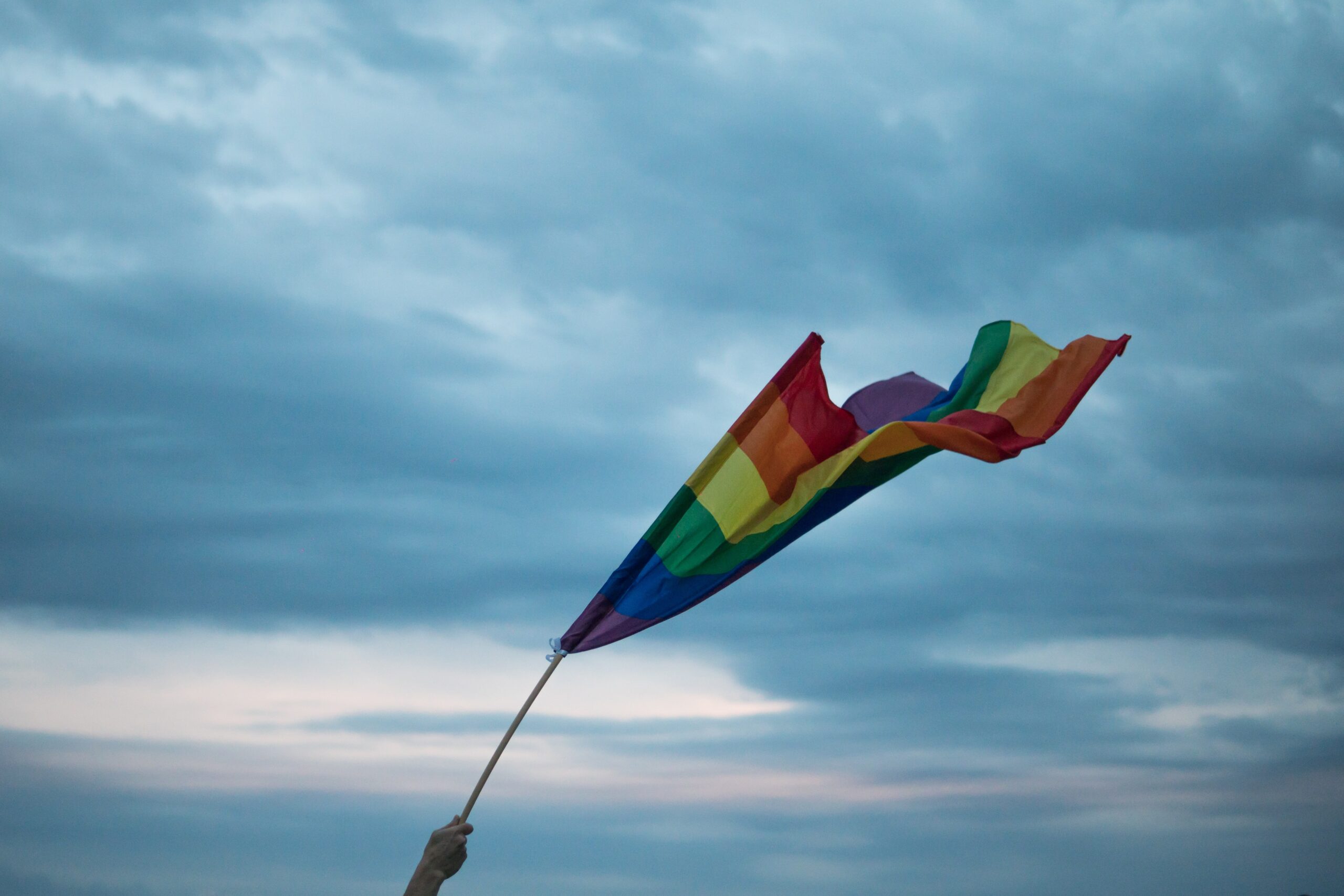I share the complexity of my frustration about a failed site visit to the British Museum and wonder about the meaning of the experience.
This work is part of a larger ethnography of scars, one that addresses the intersection medicine, religion, and body politics in (among other places) Nebraska.
“Answering the Call of Conscience in the Call Out Culture” continues my accounting of, and critical reflection on, the ethical and political dimensions of having been falsely accused of sexual assault online.
This piece recounts a trip I took to the Czech Republic and it is proof that language barriers similarly embolden people to speak cruelly.
Jesus and Fentanyl: A Mortician's Perspective is actually thoughts from a funeral director and also an ode to an overdose victim.
In this essay, the current reality of queerness is juxtaposed against milestones in my own life as a queer man in America.
This work shows that the benefits of reading multiple texts, each from a different perspective provides opportunities for students.
One Man’s Perspective on Grieving and Death is a narrative representation of death as a universal humanistic theme.
I documented my two-month diet in a food journal and it began as a personal effort to lose weight following a "Barthes diet".
This is a piece I wrote in desperation after being confronted with the failures of the foster system in the United States today.
After 34 years of monogamy I entered the dating app world and began writing the first weekend I was single. This is story of my experience.
A Startling Note: "Looking for Gay Friends" in the Triangle Place narrates a gay man’s experience of sexual awakening on a university campus.














